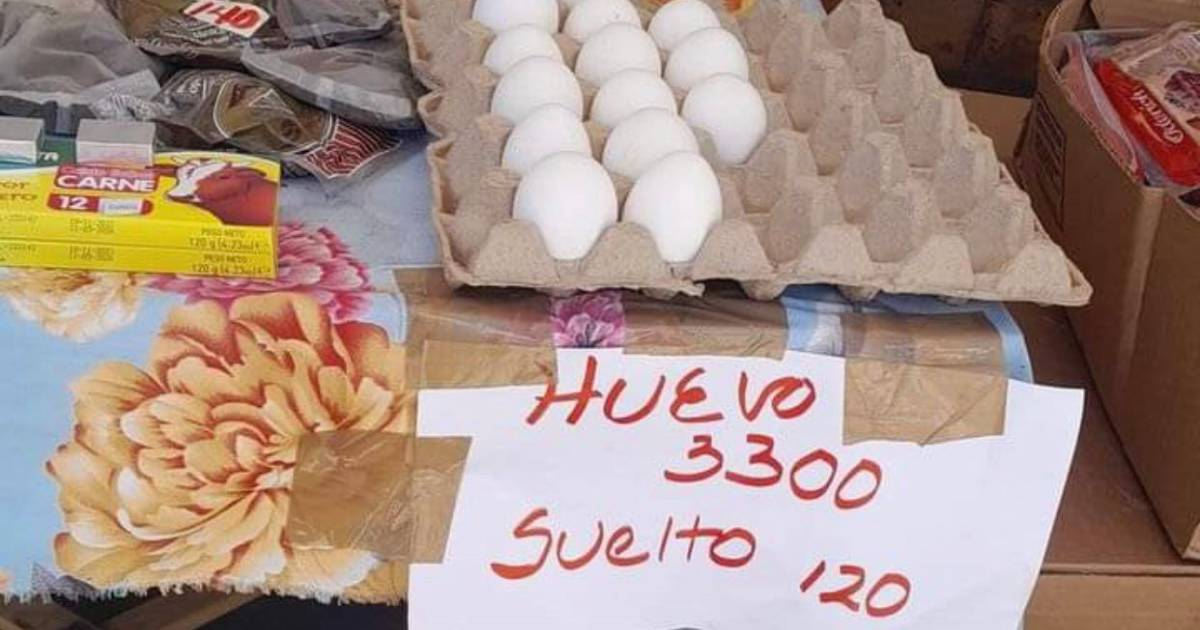
The year-on-year inflation in Cuba's formal market reached 30.48% in July, with nearly all items experiencing year-on-year increases above 10%, confirming the sustained loss of purchasing power on the island.
The National Office of Statistics and Information (ONEI) indicated in its latest report that the figure remains practically the same as the previous month.
The Consumer Price Index (CPI) recorded a variation of 0.83% compared to June, while the accumulated inflation so far this year stands at 18.78%, the document states.
Among the categories with the largest year-on-year increases are Alcoholic beverages and tobacco, at 50.48%, followed by Restaurants and hotels (36.71%), Food and non-alcoholic beverages (35.17%), and Transport (32.58%).
The report indicates that almost all items showed year-on-year increases of over 10%, with the exception of Recreation and Culture (9.32%), and the state monopolies of Communications (0.75%) and Health (0.72%).
The figures include the private sector, a still minority segment under the cautious eye of the regime, which in recent months has attempted to regulate them and hold them accountable for inflation on the island, clarified the ONEI.
The state agency indicates that 80.41% of the 8,176 surveyed establishments belong to the private sector, although most of the retail trade in the country remains under the control of state-owned enterprises.
Economist Pedro Monreal stated that the official data from July "confirms the shipwreck of the anti-inflationary component of the 2024 economic package – announced in a fragmented manner and with zigzagging implementation – with a sustained effect of loss of purchasing power."
However, inflation on the island skyrocketed in 2021 after the implementation of the so-called Tarea Ordenamiento, a failed economic policy of the Cuban regime.
In 2021, inflation in regulated trade reached nearly 70%, while in the informal market it is estimated to have been around 500%.
Last March, the Cuban regime insisted that the rampant inflation ravaging the country was not caused by its failed shock economic policies, but rather induced by the CIA in collaboration with independent media outlets.
In January, several Cuban economists agreed that the new measures announced by the regime to "steer the country's economy" would generate a new wave of inflation, which was immediately felt in some areas, such as the increase in the price of currencies in the informal market.
What do you think?
COMMENTFiled under: